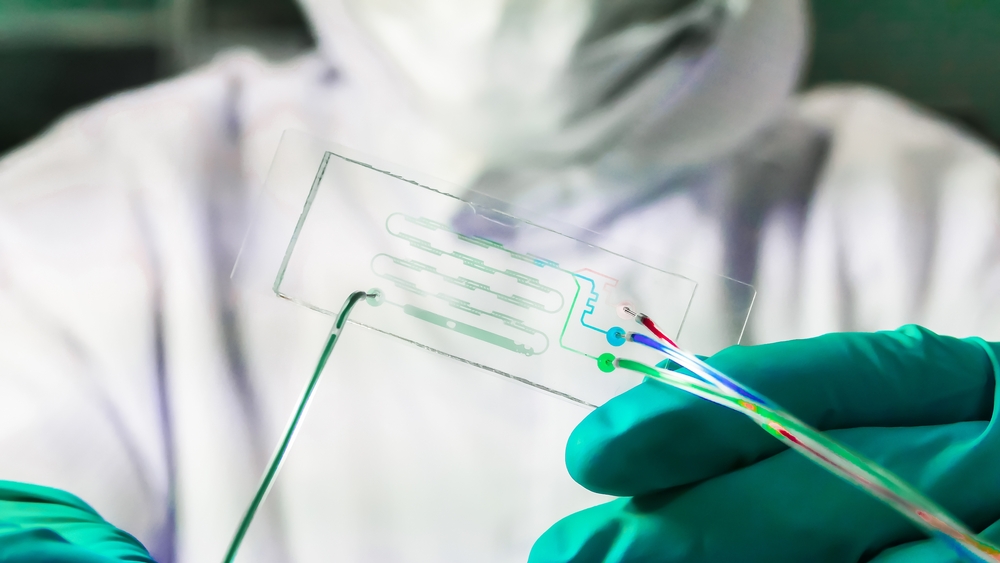National Institutes of Health Awards $30 Million to Support Development of 3-D Models of Disease

The National Institutes of Health has awarded $30 million over two years to 13 researchers who are developing three-dimensional models of amyotrophic lateral sclerosis and other diseases.
Researchers say the initiative is aimed at tackling a translational science problem: More than 60 percent of therapies prove ineffective in clinical trials of humans, despite promising results in cell and animal studies. Translational science involves turning positive results of studies in labs or animals into therapies for humans.
The goal of the Tissue Chip for Disease Modeling and Efficacy Testing awards is to promote the development of 3-D disease models that can increase the success rate of therapies tested in trials. The tissue chip models need to be accurate reflections of the structure and function of organs such as the lungs, liver and heart.
Developing an array of these models could transform how scientists test the effectiveness of potential therapies before clinical trials, and help them predict which patients will respond, and how, to the drugs during the trials.
“The goal is for these tissue chips to provide more accurate platforms to understand diseases, and to be more predictive of the human response to drugs than current research models, thereby improving the success rate of candidate drugs in human clinical trials,” Christopher P. Austin, director of the National Center for Advancing Translational Sciences, said in a press release. The agency is part of the National Institutes of Health.
Among the tissue chip award winners is a project titled “Development of a Microphysiological Organ-on-Chip System to Model ALS and Parkinson’s Disease” (1-UG3-NS-105703-01). Clive Niels Svendsen of Cedars-Sinai Medical Center in Los Angeles will lead the study.
The National Center for Advancing Translational Sciences started the Tissue Chip for Drug Screening in 2012 to try to accelerate the development of micro-models for studying drug safety and toxicity.
In a second phase of the awards, researchers will be partner with pharmaceutical companies to assess their models’ ability to mimic diseases well enough that scientists can use them to evaluate the effectiveness of drug candidates.
Researchers have been using chip models to study disease for some time. For instance, scientists at the University of Southern California developed a lab model of skeletal muscle on a tiny gelatin chip last year. They hope it helps scientists do a better job of studying muscle development, degeneration, and diseases like ALS.
They published a study on the project, titled “Prolonged Culture of Aligned Skeletal Myotubes on Micromolded Gelatin Hydrogels,” in Scientific Reports.






